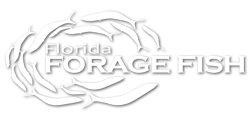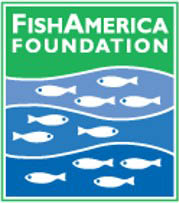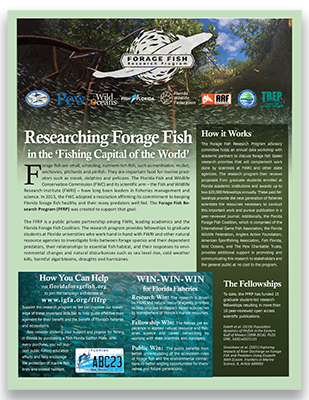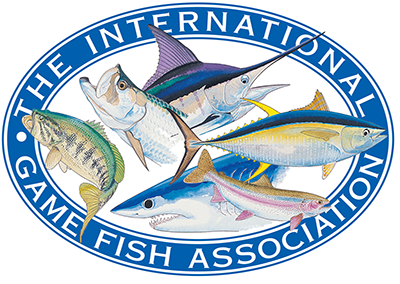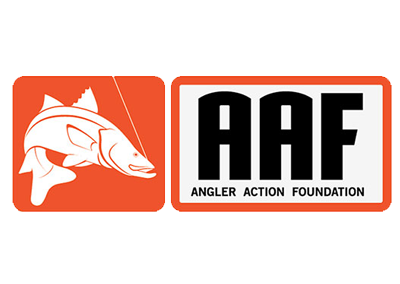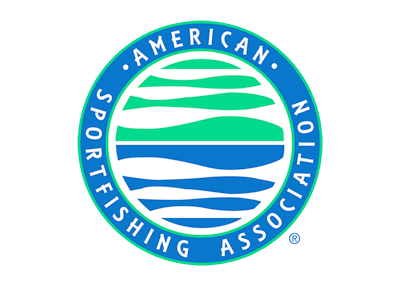The FishAmerica Foundation is the American Sportfishing Association’s conservation and research foundation. We unite the sportfishing industry with conservation groups, government natural resource agencies, corporations and foundations to invest in sportfish and habitat conservation and research across the country.
FISH FLORIDA, a 501(c)(3) non-profit organization, supports organizations that teach people, especially children, about Florida’s fish and aquatic habitats through donations of fishing equipment, grants, and scholarships.
The mission of Fish Florida is to promote public awareness of and encourage the protection of marine fisheries and coastal habitats. This is accomplished through clinics, classes, seminars, presentations, displays and other means designed to teach and promote responsible angling, particularly to Florida’s youth.
When you buy a Grady-White boat you aren’t just purchasing the most exceptional boat on the market, you’re becoming part of the family of Grady owners! We’re a welcoming group who together enjoy a variety of activities from fishing tournaments, seminars and customer appreciation parties to raft ups, and overnight or day trips. First time boat owners will enjoy traveling with seasoned Grady owners where you’ll discover all the best places to enjoy your favorite boating activity. The best part is the camaraderie you’ll derive from Grady ownership. So, climb aboard The Grady Life and experience the best boating lifestyle.
the
research
The Forage Fish Research Program (FFRP) is a public-private partnership between state natural resource agencies, the FWC Fish and Wildlife Research Institute (FWRI), leading academics, and non-governmental organizations designed to enhance the State’s environmental and fishery research capacity while fostering the development of the next generation of marine scientists
To learn more about the research and what we have been up to lately, read our newsletter here. Learn more about our mission and how you can help by clicking the infographic below.
For a presentation on the data available from Florida’s Marine Fisheries-Independent Monitoring (FIM) Program, click the link here.
The Fellows
2025 Fellows (Expected Completion 2026)
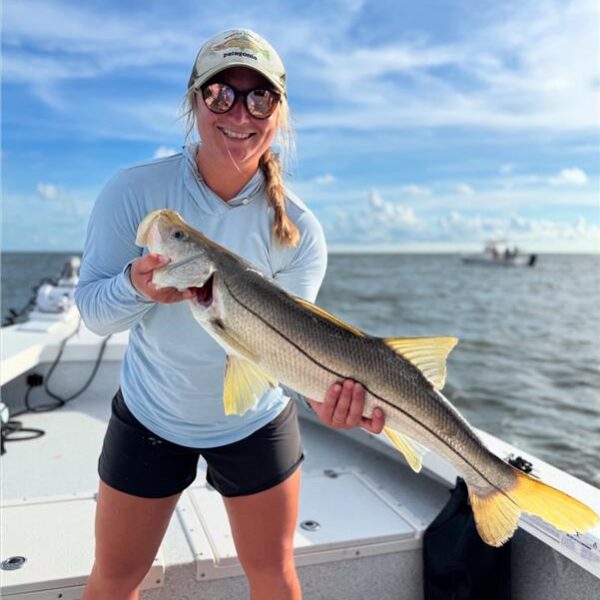
Alex Walus
Tropicalization of forage fish community structure in the Gulf of Mexico.
Read More
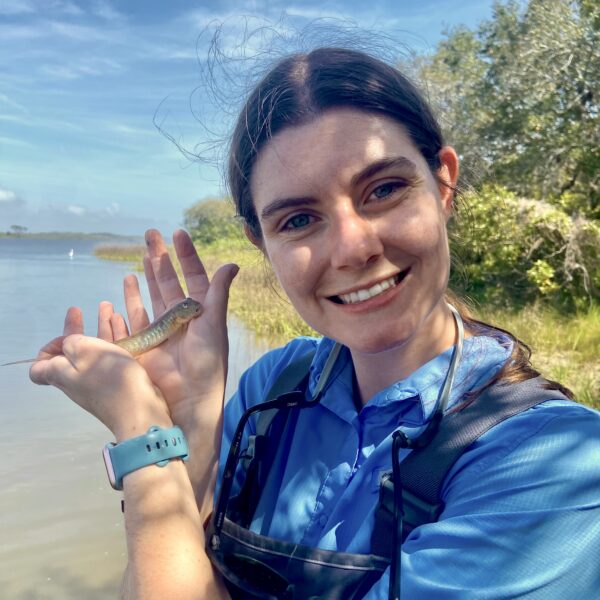
Meredith Pratt
Tracking Tropicalization: Long-Term Shifts in Fish Community Structure Across Florida’s East Coast Estuaries.
Read More
2024 Fellows

Megan Siemann
Optimizing Forage Fish Trophic Sampling for Ecosystem Modeling in the Nature Coast Aquatic Preserve.
Read More

Mack White
Dynamic Sustainability: Spatiotemporal patterns in forage fish biomass responses to disturbance across Florida estuaries.
Read More
2023 Fellows
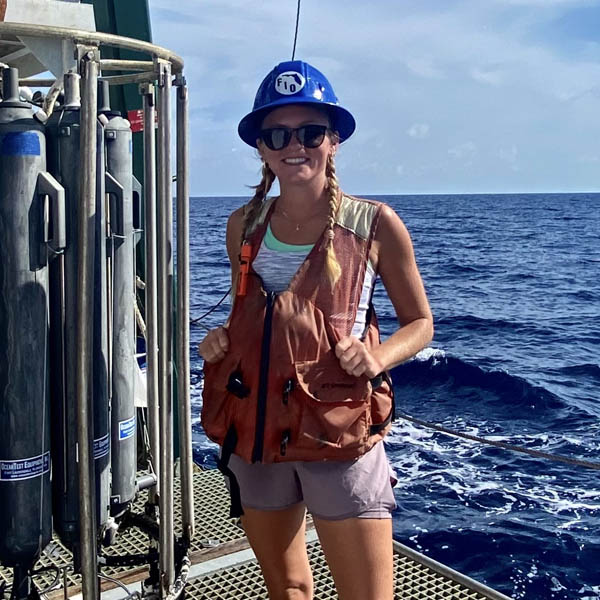
Hallie Repeta – University of South Florida
Working on the Gulf of Mexico Atlantis model which is a very complex 3-dimensional “end-to-end” ecosystem model capable of exploring predator-prey dynamics between forage fish and predators.
Read More
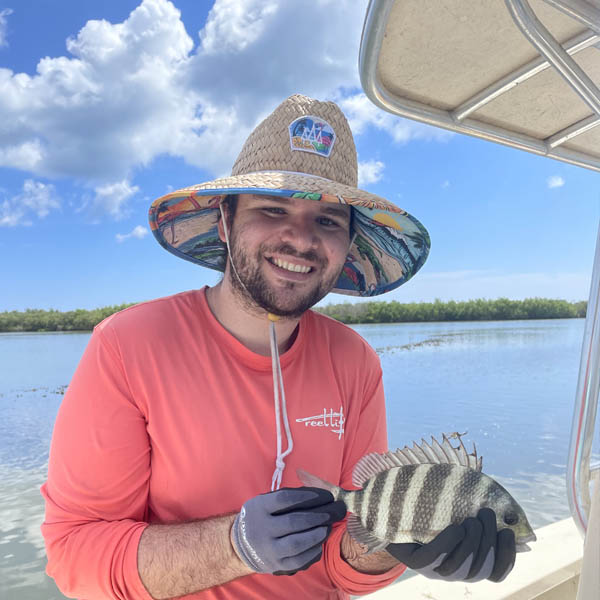
Christopher Crowder – University of Central Florida
Working on the habitat mosaic approach to better understand fish community dynamics in Tampa Bay.
Read More
2022 Fellows
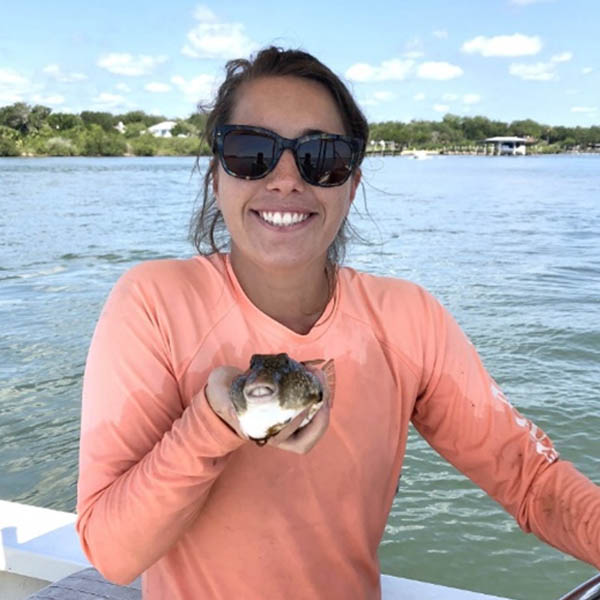
Dakota Lewis – University of Florida
Forecasting the future of estuarine fish communities using machine learning.
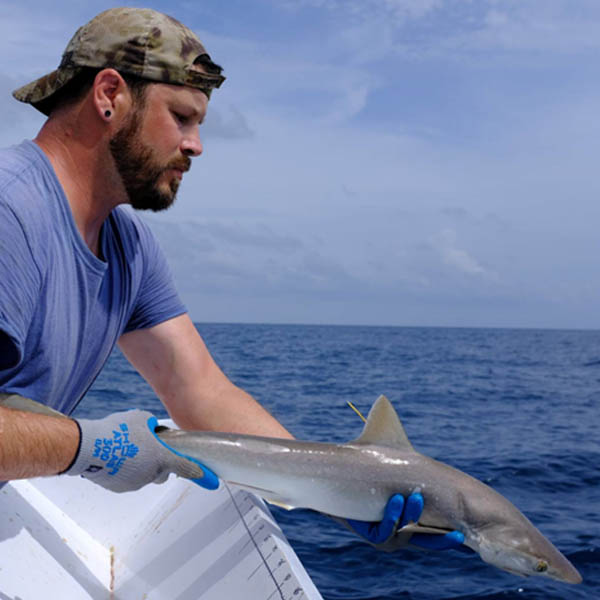
Barry Walton – Florida State University
Trophic niche partitioning of two sympatric mesopredators in the Apalachicola Bay System using fatty acid profiles and stable isotope analysis of forage fish.
Read More
2021 Fellow

Kira Allen – University of Central Florida
Effects of short-term and long-term drought events on Apalachicola Bay forage fish and the associated food web.
2020 Fellows
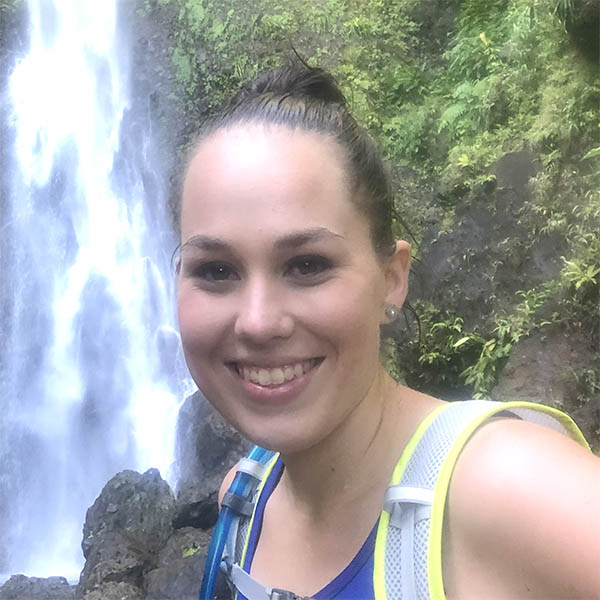
Emily Farrell – University of Central Florida
Environmental DNA Analysis of Forage Fish Diversity and Distribution in the Indian River Lagoon.
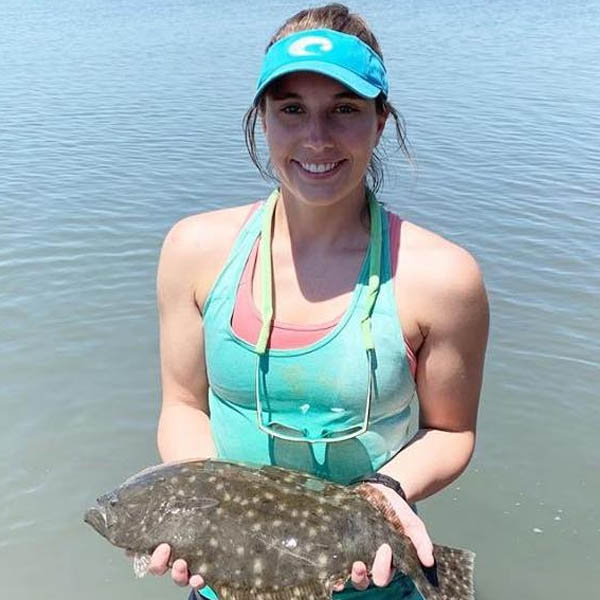
Dakota Lewis – University of Central Florida
Quantifying the Relationships Among Harmful Algal Blooms, Fish Kills, and Forage Fish Community Dynamics in Coastal Florida.
2019 Fellows
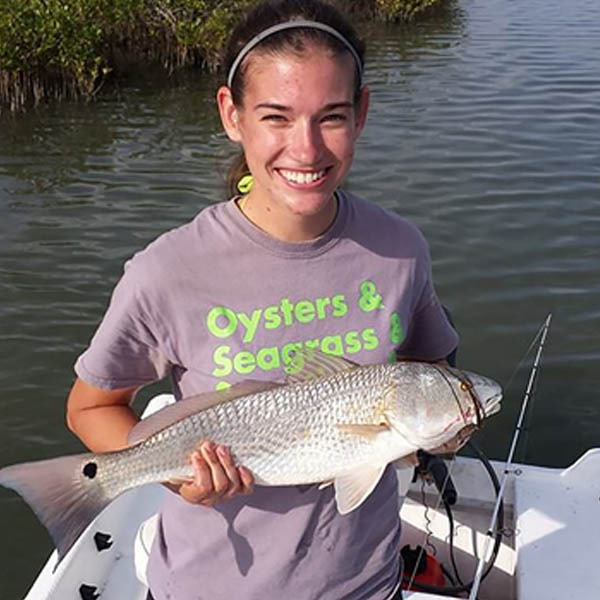
Michelle Shaffer – University of Central Florida
Understanding the effect of disappearing seagrass meadows in the Indian River Lagoon (IRL) in Florida due to Harmful Algal Blooms (HABs) on forage fish and their predators.
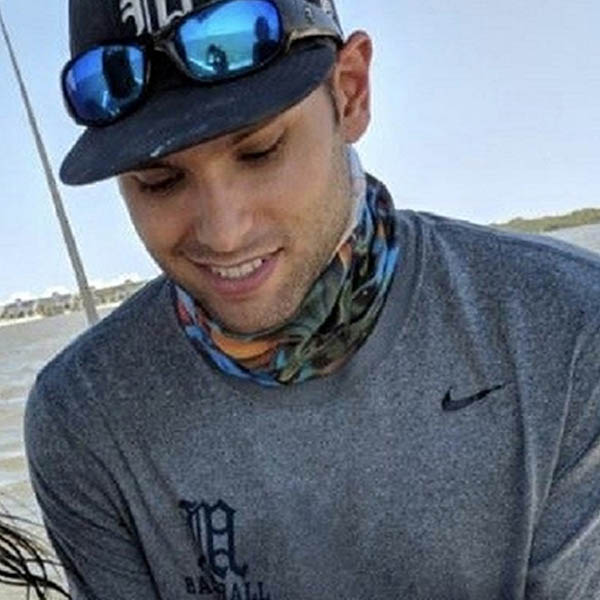
Dylan Sinnickson – University of Florida
Sinnickson’s work focused on the dynamics of anchovies relative to environmental influence at Cedar Key along Florida’s Nature Coast.
2018 Fellows
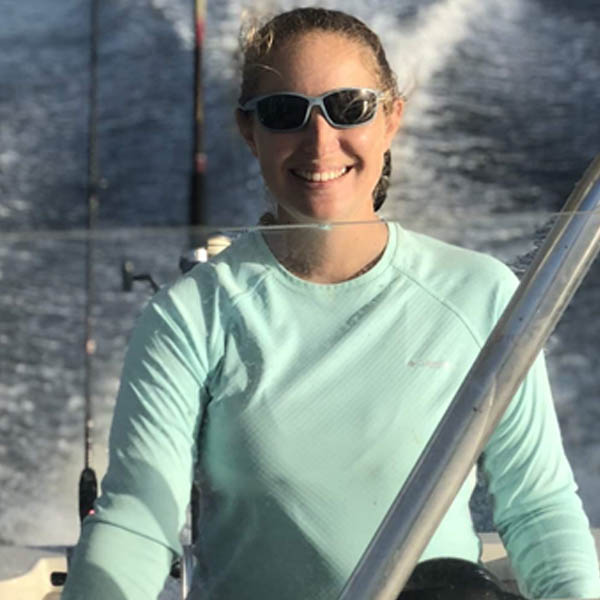
Brittany Troast – University of Central Florida
Researched the effect of changing populations of forage fish on the abundance and diversity of predators and predator-prey relationships in the Indian River Lagoon and St. John’s River.
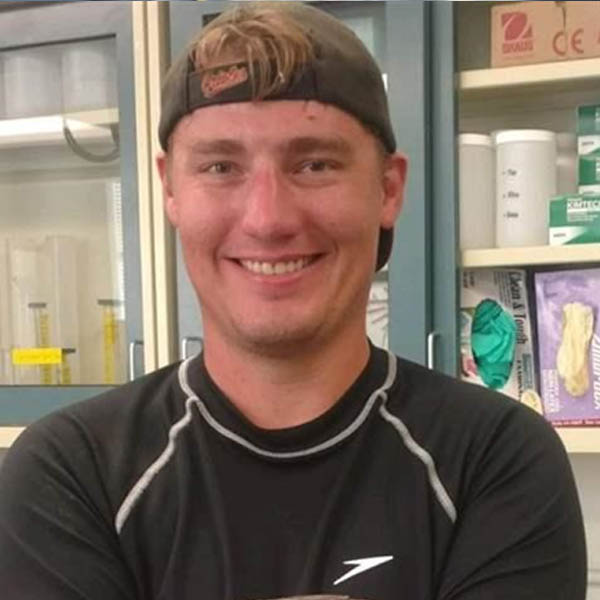
Jonathan Peake – University of Central Florida
Peake’s work focuses on ways to better understand the dynamics of prey species in Gulf Coast estuaries, specifically how they change in abundance, composition and by habitat relative to predators.
2017 Fellows
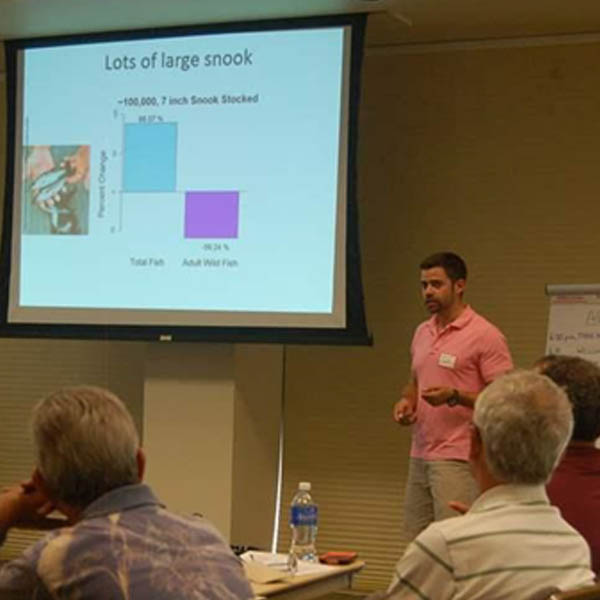
Ed Camp – University of Central Florida
Researched the effect of changing populations of forage fish on the abundance and diversity of predators and predator-prey relationships in the Indian River Lagoon and St. John’s River.
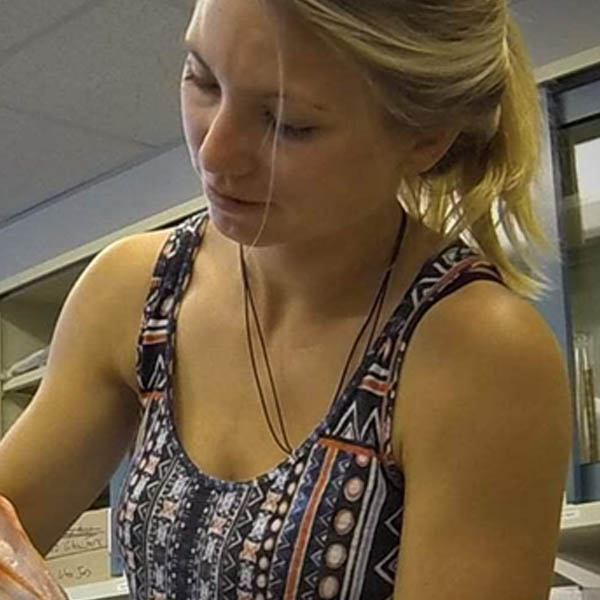
Meaghan Faletti – University of South Florida
Researched the population dynamics of pinfish in the Gulf of Mexico by examining traces of carbon and nitrogen isotopes within their eyeballs.
Our mission is to keep the oceans wild to preserve fishing opportunities for the future. To do this, we bring conservation-minded fishermen and pro-fishing environmentalists together to promote a broad, ecosystems approach to fisheries management that reflects our expanding circle of concern for all marine life and the future of fishing.
FISH FLORIDA, a 501(c)(3) non-profit organization, supports organizations that teach people, especially children, about Florida’s fish and aquatic habitats through donations of fishing equipment, grants, and scholarships.
The mission of Fish Florida is to promote public awareness of and encourage the protection of marine fisheries and coastal habitats. This is accomplished through clinics, classes, seminars, presentations, displays and other means designed to teach and promote responsible angling, particularly to Florida’s youth.
Since 1936, the Florida Wildlife Federation (FWF) has united Floridians throughout the state who are determined to ensure that wildlife and our fragile environment have a voice. FWF believes that we must protect, restore and connect our remaining wildlife habitats in a rapidly developing state. We must address ongoing climate change and the spread of harmful exotic species, both plant and animal, that threaten our native species. Moreover, we must safeguard water quality and quantity as clean water is critically important to both humans and wildlife.
The Angler Action Foundation improves angler access, fisheries science and marine habitat through collaborative Research, Education and Conservation programs.
We support unbiased and responsible fishery and marine regulations and conservation, preservation, restoration, and enhancement of estuarine and coastal water habitats.
For more than 85 years, ASA has passionately represented the people, policies and ideas that help recreational fishing thrive. They give the industry and anglers a unified voice when emerging laws and policies could significantly affect sportfishing business and participation. ASA invests in long-term ventures to ensure the industry remains strong and prosperous, as well as safeguard and promote the enduring economic, conservation and social values of sportfishing in America.
TBEP is an intergovernmental partnership of Hillsborough, Manatee, Pasco and Pinellas counties; the cities of Tampa, St. Petersburg and Clearwater; the U.S. Environmental Protection Agency (EPA); the Southwest Florida Water Management District (SWFWMD); and the Florida Department of Environmental Protection (FDEP).
The FishAmerica Foundation is the American Sportfishing Association’s conservation and research foundation. We unite the sportfishing industry with conservation groups, government natural resource agencies, corporations and foundations to invest in sportfish and habitat conservation and research across the country.
FISH FLORIDA, a 501(c)(3) non-profit organization, supports organizations that teach people, especially children, about Florida’s fish and aquatic habitats through donations of fishing equipment, grants, and scholarships.
The mission of Fish Florida is to promote public awareness of and encourage the protection of marine fisheries and coastal habitats. This is accomplished through clinics, classes, seminars, presentations, displays and other means designed to teach and promote responsible angling, particularly to Florida’s youth.
When you buy a Grady-White boat you aren’t just purchasing the most exceptional boat on the market, you’re becoming part of the family of Grady owners! We’re a welcoming group who together enjoy a variety of activities from fishing tournaments, seminars and customer appreciation parties to raft ups, and overnight or day trips. First time boat owners will enjoy traveling with seasoned Grady owners where you’ll discover all the best places to enjoy your favorite boating activity. The best part is the camaraderie you’ll derive from Grady ownership. So, climb aboard The Grady Life and experience the best boating lifestyle.
